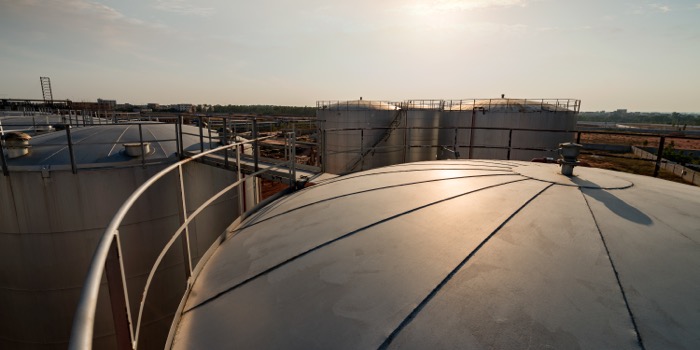Charles Daly of Channoil Consulting has put out a release on the need for power storage, alternatives for carbon reduction and how these might impact traditional storage installations.
In the release he said: “Climate change is no longer deniable. Even if the industry is sceptical, the political climate is such that we must be seen to be moving to net zero.”
He said the power generation sector has “taken first mover steps in the right direction and we are all aware of the number of offshore wind farms and the large industrial scale in photovoltaic investment”.
However, he suggested the transport sector is “lagging behind”, with a very small uptake on pure electric vehicles (EVs) and added that he thought the major stumbling block has been the development of sufficiently high efficiency batteries.
“There are also the limits of the laws of physics: there is currently no viable replacement for fossil fuels to facilitate long-distance road, sea or air transport and this may force these industries in the short term to divert their decarbonisation efforts to the power generation sector.”
He is of the opinion that the future reliance on lithium-ion or cobalt-based batteries is not a realistic solution – lithium is rightly called a rare earth metal and batteries are heavy, requiring extra energy just to move them around.
He did though add that the hybrid engine is a partial solution, “but not the ultimate one” and biofuels, even from non-plant sources, can never replace fossil fuels in terms of the volume that will be needed.
One of the major obstacles to all of this, he said, is finance: “Governments are not prepared to use public funds to advance the industry that will deal with cleaning the atmosphere. They therefore look to the private industry to do this. But how can this investment show an adequate rate of return to justify it? The only current way is to tax carbon emissions and credit this to the mitigators – a sustainable carbon trading scheme.”
The possible mitigators
• Excess wind energy produced after the grid is satisfied should be stored
• Micro generators should be built that use cuts in a river to drive small turbines
• Large tidal barriers should be built
• We should continue to invest in carbon capture and cryogenic batteries
He concluded: “We need to look to a future when liquid fossil fuels may be phased out. In these circumstances what should the industry’s response be? We need to think of the storage terminal as an asset to be exploited in this transition phase. Then we can look at the future when the tanks are empty.”
Daly will be talk more about carbon reduction at StocExpo conference at the Ahoy, Rotterdam on March 10.
For more information visit www.stocexpo.com














